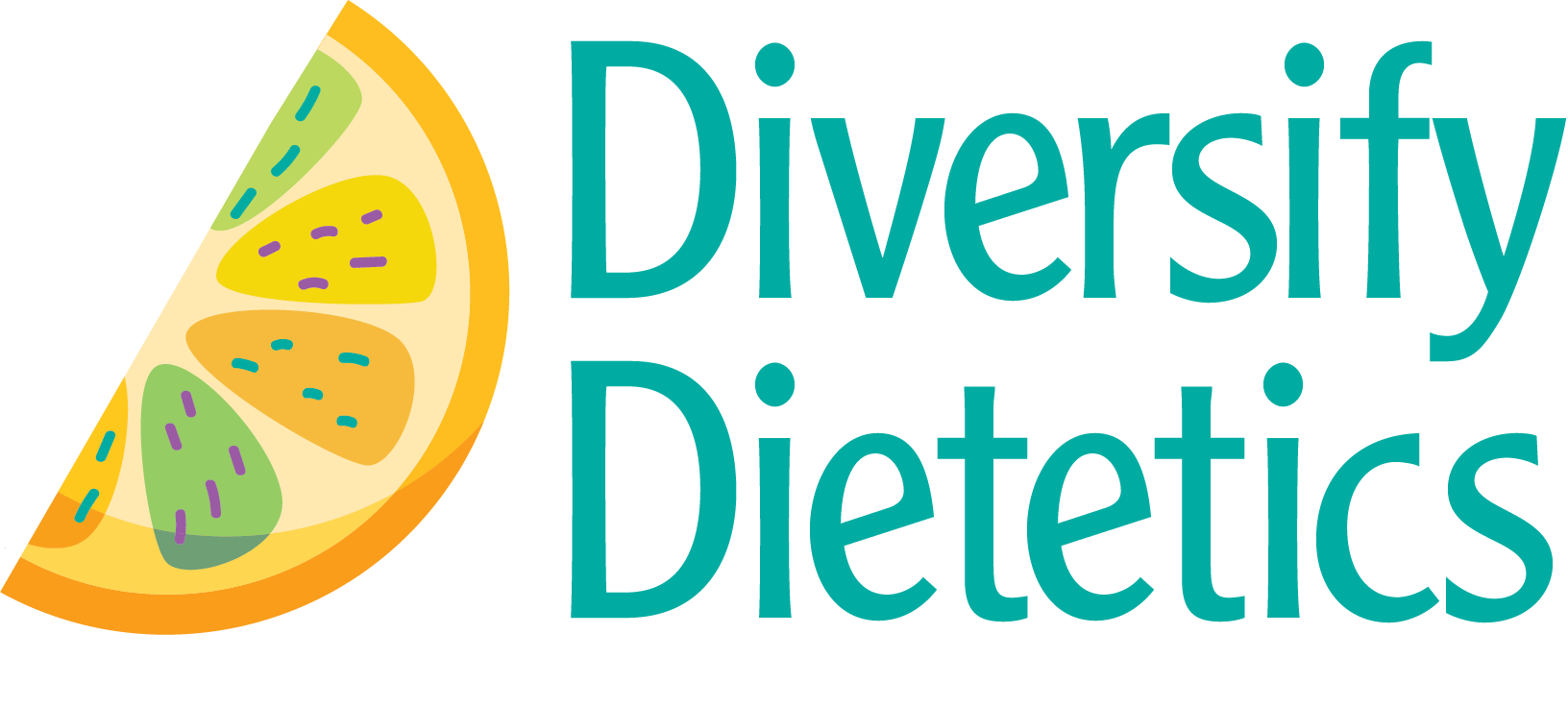RDN Spotlight: Brianna Theus, RDN, CDN
What is your ethnicity/race? Did your family have any customs related to food? Please describe.
I am a black Haitian American. My parents were both born in Haiti. When it comes to food, I remember growing up and still to this day eating A LOT of rice! (It's definitely one of my favorite foods). We often have traditional Haitian meals mixed with meals from the standard American diet as well. On New Year's Day, we always have soup joumou to celebrate Haiti's independence.
Where/when did you go to undergrad/dietetic internship/grad school?
I went to the University of Saint Joseph for undergrad and graduated in Dec 2016. I did my internship through Western Connecticut Health Network and graduated in 2018.
Why did you decide to choose nutrition and dietetics as a career?
When I was younger, I wanted to be a chemist because I love science. I had many chemistry sets that I played with growing up. After taking a chemistry class and realizing it's 10 times harder than I thought, I decided that I wanted to be a pastry chef since I loved baking. My parents paid for my schooling so when I told them that, they both told me that they wanted me to get a traditional 4-year degree first, and then I could go back to school for pastry if I wanted to. (I think this is a common statement first-generation Americans hear.) My mom is actually the one who introduced me to nutrition. It combines my love of science and food so I was very excited about it! My original goal was to work in what are referred to as Third World countries (like Haiti) and help treat malnutrition.
What do you do now as an RDN and what does a typical day/week look like for you?
I am currently working as an eating disorder dietitian. I work full time at a treatment center and I also have a private practice. A typical day looks like doing 1-2 meal supports with a group of patients, counseling patients one on one, meeting with the rest of the treatment team (therapists, psychiatrists, etc.) and parents, and sometimes running nutrition groups once weekly. Then after I work my full-time job, I will see 1-2 clients virtually for my private practice.
What is/was the biggest challenge for you in becoming a dietitian and how did you overcome that challenge? This can be related to being an RD of color or not just any challenge?
The biggest challenge that I have just started facing in the past year is not knowing whether I'm qualified enough for what I am being asked to do. I have gotten so many opportunities over the past year that I am so excited about and thankful for. Whenever I am presented with the opportunity or whenever I look back on it, I wonder if I was asked to participate because I'm highly qualified and wanted or if I was asked to participate because I'm black and they needed more diversity. This goes hand in hand with imposter syndrome, especially in private practice, that I continue to struggle with daily.
Have you had any mentors in your career if yes how have those mentors affected your career/life?
I have not had any one on one mentors, but I am part of a Black ED RD supervision group, and being able to hear other people's stories and share in these feelings is invaluable to me. Growing up I never had black friends so being able to have this experience with other black RDs has been life and career-changing.
Why do you think diversifying this field is important?
This is what our patients and clients need! They need dietitians who look like them, who know what it is like living in America, who eat the same or similar foods to them. They need professionals who will take the time to sit and listen to what they struggle with and tailor recommendations to their way of life.
What is a piece of advice you would give a student of color interested in entering the field of dietetics?
Reach out for support from someone who looks like you and has done the journey that you want to do. Being a person of color in this field is not easy, but it is worth it to be able to help those in our communities.

